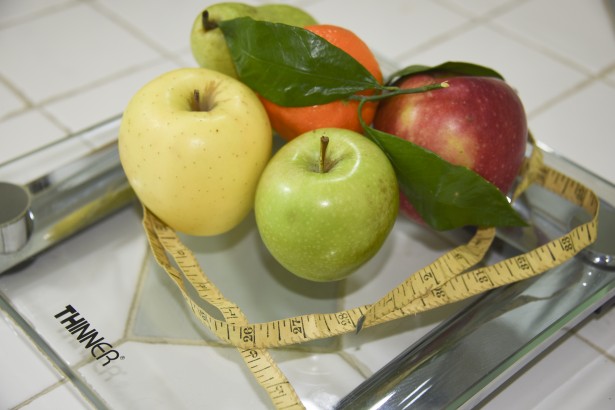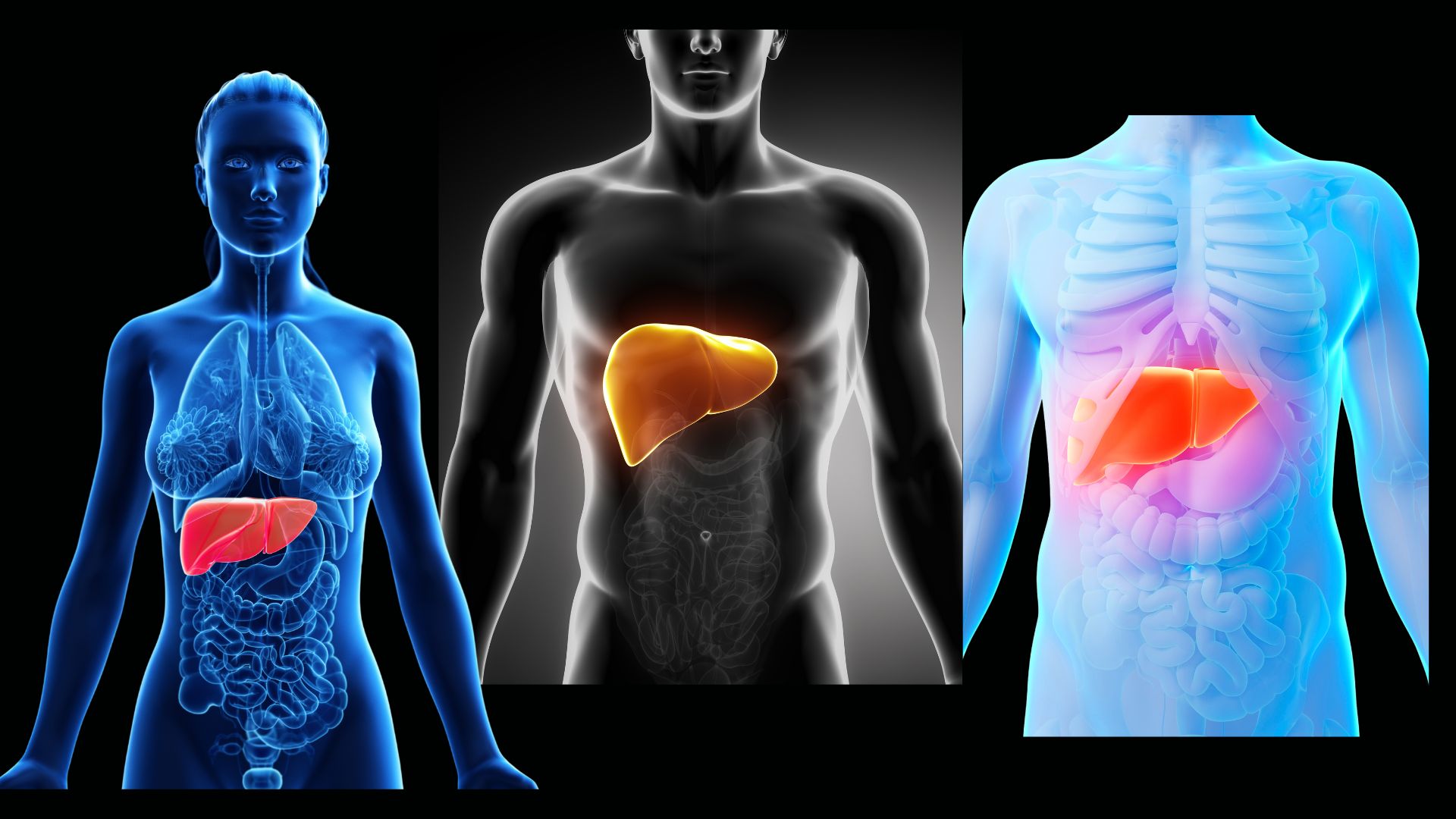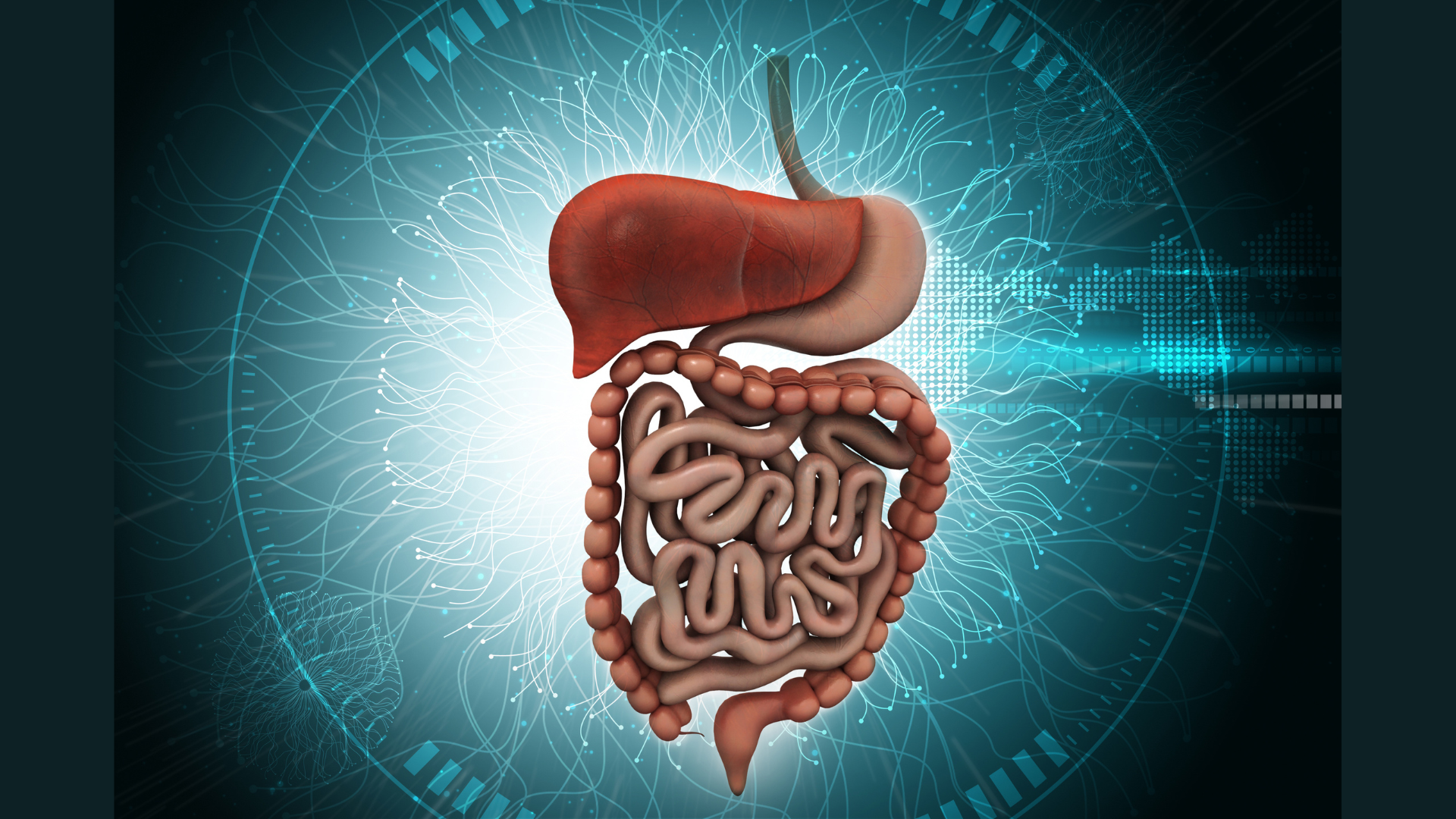Weight
Loss Nutrition;
A Guide to Happier, Healthier Eating
Weight loss nutrition does not have to be complicated, and one diet does not fit all people. If you desire healthy weight loss, nutrition is probably the most difficult aspect to conquer.

While there are many ways to eat or diet, it is possible to create a nutrition plan to help you lose weight and fit into your lifestyle. Knowing healthy basics of weight loss nutrition can help you get ahead of the game, and allow you to tailor a program that can help you speed metabolism, lose weight and stay energized. Let's get started.
Getting Started With Weight Loss Nutrition
No matter how you lose weight, there are some basic tips to be successful on your journey.
- Choose a realistic, short term weight loss goal with an end in sight.
- Do not “diet”, but instead eat healthier, wholesome calories.
- Portions count, especially because overeating sabotages weight loss efforts, and the bigger portions can easily add up!
- Nutrition is important to keep your energy levels up
- Small slips are acceptable; it's what you do most of the time that counts
- Eat regular meals because what you do eat counts as much as what you don't eat.
- Regular physical activity is a common factor by those who lose weight successfully and keep it off.
Short Term Goals
Long term goals are great, and if you have a bit of weight to lose then ultimately you will make a goal to get to your idea weight. But breaking down weight loss nutrition and your goals into smaller “stepping stones” is more helpful for many because there is an end to restrictive eating in sight.
That doesn't mean you should set a goal to lose five pounds and once you reach it go back to eating as before, but you can have a day off, so to speak. Some trainers call these cheat days; a day or two after restrictive dieting when you relax your eating style.
Some dieters and fitness trainers advocate the cheat day since dieting – or restricting calories – can contribute to a sluggish thyroid and metabolism. Cheat days help avoid this trap, and also can give a dieter something to look forward to. Both can help anyone on a restricted diet feel happier and less stressed. But for some, cheat days may be a trigger.
If “fun” foods are your trigger, try incorporating a different kind of cheat day. First of all, do not eat anything you want, since this may trigger a binge and cause you to feel sick and lethargic.
Instead, on your
cheat day, eat more protein and carbohydrates to boost leptin
production; a hormone that is responsible for appetite control and
weight management. This can help you feel satisfied and fulfilled,
allowing you to more easily jump back on the healthy eating wagon.
Healthy Calories
While we have been trained that in order to lose weight you must consume less calories than you use, things are more complicated than that.
For example, you could eat 1,200 calories of french fries in a day versus 1,200 calories of fruits and vegetables in a day. Obviously, the latter would leave you feeling energetic, and maybe even hungry, while the former would create a short term sense of satisfaction, but leaving you with low energy and hunger the rest of the day.
This example illustrates how simply using more calories than you consume is not a "real" formula for healthy weight loss nutrition. Eating calories that are made of all fats and not vitamins or minerals can leave us depleted, mentally fatigued and possibly thinner but with a higher amount of body fat; usually not a goal when losing weight.
Of
course, for real weight loss nutrition, one must consume a balance of
fruits, vegetables, proteins, healthy fats and carbohydrates to feel
good, stay healthy and lose weight.
Using the basic, nutritional
necessities as your guideline, eating healthy can be simple. Try to
stay within these boundaries of healthy eating by making your focus
on balance; protein, produce and minimum starches/carbohydrates.
Keeping your foods simple and wholesome will help you stay on track. Simple and wholesome means keeping your food choices as close to nature as possible. The more a food is processed, the more chance for hidden ingredients that can hinder weight loss and even trigger cravings.
For example; processed meats such as those found in lunch meats, deli meats, etc., often contain too much sodium, causing you to pack on fluid weight, hidden corn syrup that may trigger cravings, and unhealthy oils that hinder fat loss.
Learn the secrets of which foods can actually help you lose weight as well as drinks that can expedite fat loss.
Next Up; Weight Loss Guide




